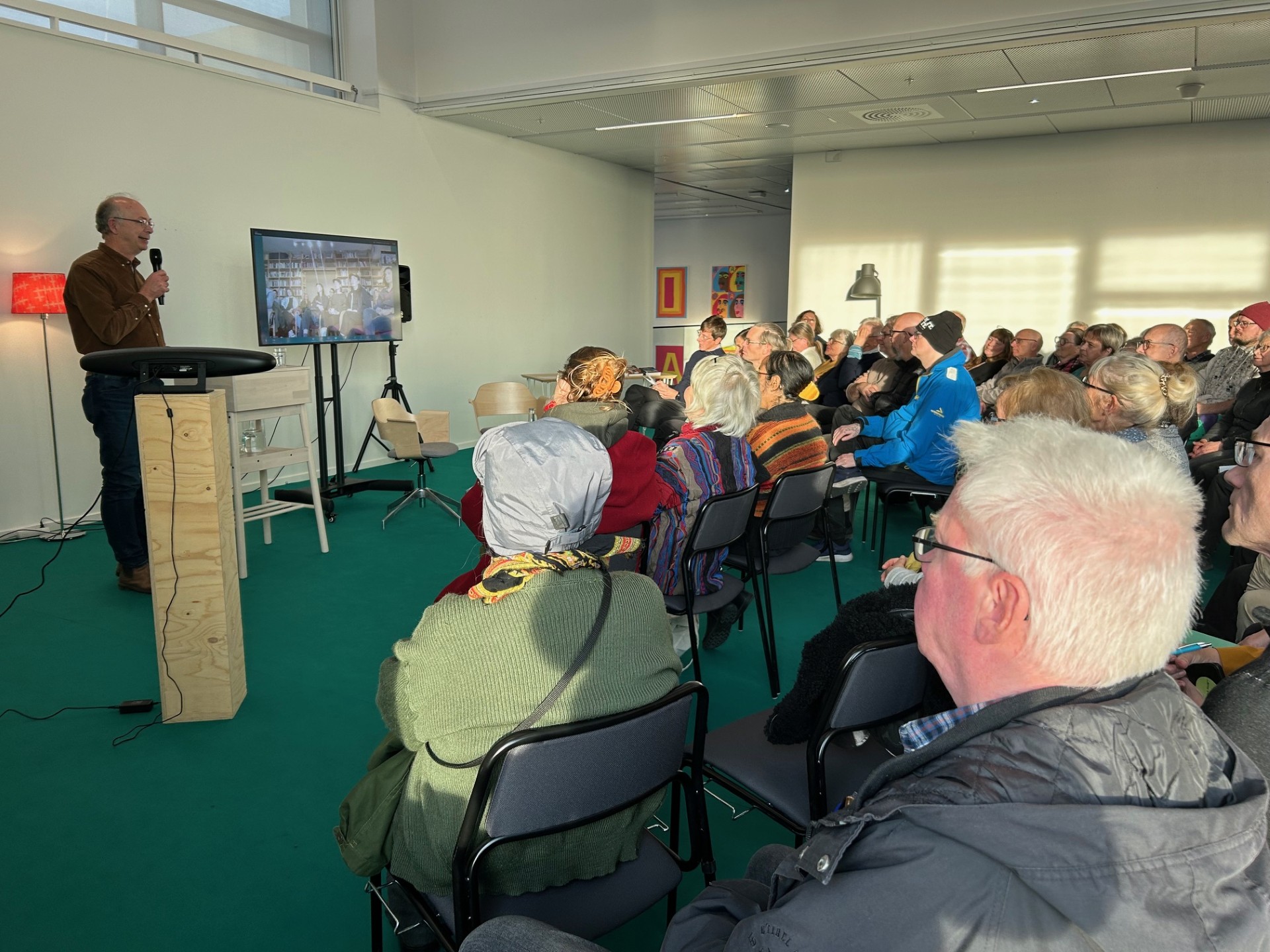Special lecture series 2: The dream of Green Industry, part 2
21 November 2024, 18:00
Lectures and talks
Kiruna City Hall, floor 5 and at Hägerstensåsens medborgarhus. In swedish
Lecture by Arne Müller, freelance journalist and author, Umeå. Respondent: Linda Wårell, Associate Professor in Economics, Luleå University of Technology.
The growing industries in northern Sweden have one thing in common: they all aim to contribute to a green transition built on sharply decreasing carbon dioxide emissions. While the transition from fossil fuels to renewable energy sources is both urgent and necessary, there are issues with the approach currently being taken in the north. An immense amount of electricity and minerals will be needed. Wind mill farms, high-voltage transmission lines, and new extraction mines will thus take over much of the land. This in turn heightens already existing tensions around land usage, in particular for those engaging in reindeer herding. Is it even possible to extract the amount of electricity and minerals needed? Will the new industries really contribute to an effective decrease in carbon dioxide emissions? Are there alternative approaches that reduce the need for electricity and finite natural resources?
Linda Wårell is an Associate Professor in Economics at the Luleå University of Technology. Her research and publications are primarily focused on natural resources, energy and environmental economics, and the competitive and socioeconomic consequences within these fields. When it comes to natural resources, Wårell has been involved in several research projects analyzing the development of international markets for minerals and metals,
as well as the socioeconomic effects and land use conflicts around the mining industry. One example is her participation in the EU project Minatura, which investigated the increasing competition around land use in Europe, with a focus on finding possible solutions for trade-offs between different interests. Wårell has also conducted research on energy markets, with the aim of finding solutions for a more sustainable approach. She has for example studied the role of district heating in the Swedish energy system, how biomass could be used in the future, and how households choose green transportation alternatives. Currently, Wårell is involved in a research project that analyses the potential of ports and their surrounding areas to scale up the use of liquid hydrogen within the energy system. In summary, her research is firmly rooted in the socioeconomic effects of industrial developments and the green transition that is currently underway in northern Sweden.
